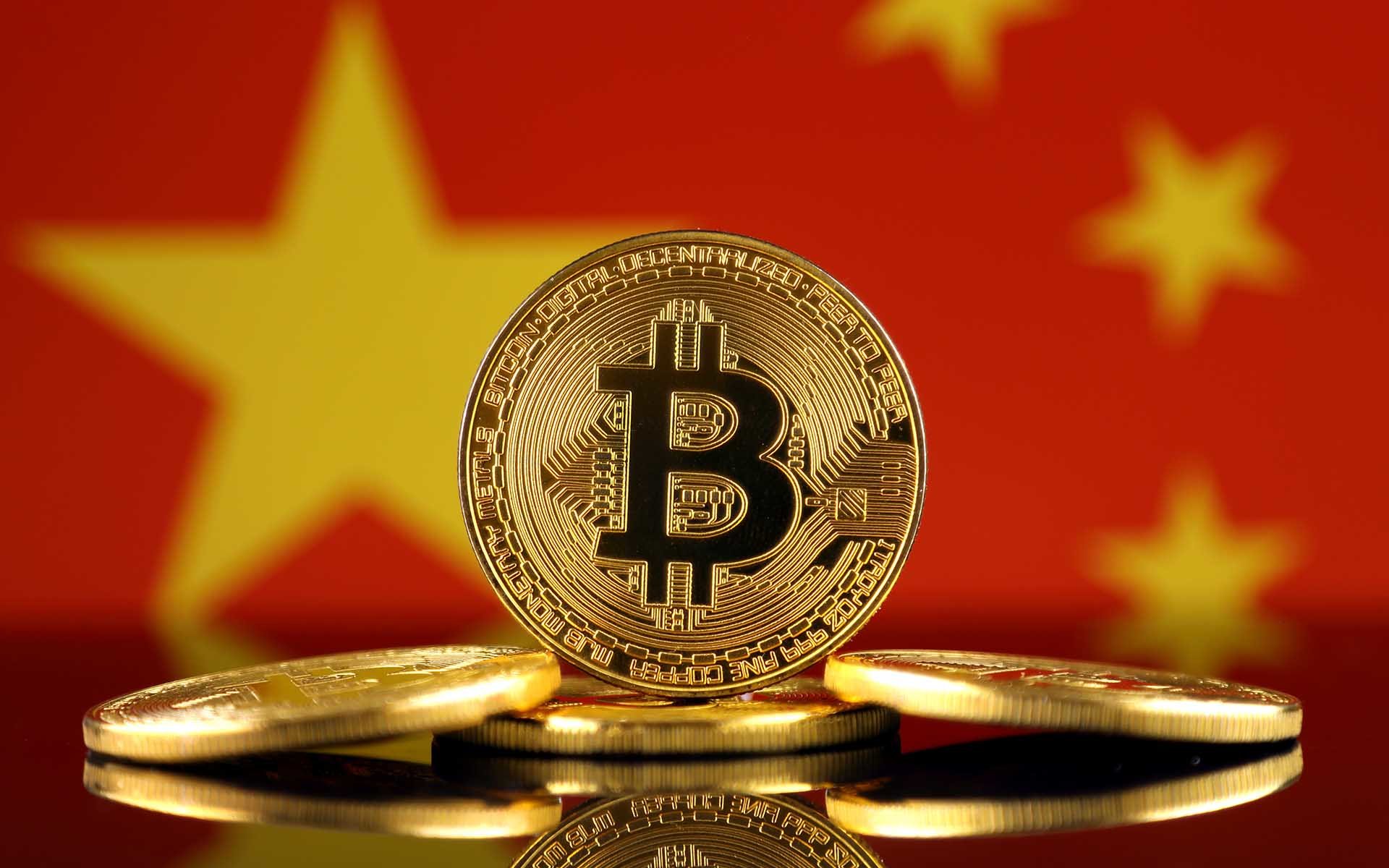

Jun
The world of investing is never truly rational, not even in the West, where there is supposed to be a multi-generational tradition with respect to all sorts of asset classes. Whenever there is money involved, our judgment tends to be clouded and emotion frequently takes over areas of our lives that should be governed by reason.
When it comes to China, this is especially obvious.
More so than in the West, excessive risk-taking and gross misallocation of capital is present literally everywhere in China. From speculation-driven real estate projects that turned into ghost town to all sorts of “exotic” assets that have been frantically bid up by groups of Chinese investors such as domain names and cryptocurrencies.
Is it because the Chinese are gamblers?
Well, while some would certainly be quick to answer this question with a resounding yes, the most logical explanation would simply revolve around the fact that Chinese investors are just not all that sophisticated at this point.
Imagine the life of a Chinese citizen back in 1978, when Deng Xiaoping helped China embark on the trade-driven journey that brings it so much prosperity at this point. In 1978, however, the last thing on the mind of the average Chinese was figuring out which asset class to invest in and how to allocate capital properly. Just think about how two decades earlier, the Great Leap Forward as of 1958 brought about the famine with the highest number of casualties in human history, and the Cultural Revolution of 1966 added fuel to the fire in many respects, bringing about political uncertainty as well.
In the life of the Chinese citizen back in 1978 that I’ve asked you to imagine, these events are still considered very “fresh” and if you would have told that person that a few decades later, the emerging Chinese middle and upper class would be taking the investing world by storm and bidding up various assets to record-breaking level… let’s just say the person in question would have most likely raised an eyebrow.
But that’s exactly what happened.
In a very short period of time, prosperity past generations could never have been imagined was generated. While working in a Foxconn factory would not exactly be a dream come true for most Westerners, it did enable entire generations of let’s say former rice farmers to generate multiple orders of magnitude more than they made through mostly subsistence-related agricultural activities. As time passed, more and more opportunity to break out of your current income level appeared in China and before you know it, a true middle and upper class was born.
However, in light of how quickly this all happened, the Chinese themselves were taken by surprise. Just think about what would happen to your life if you won a few million dollars tomorrow. It would obviously be great but you’d have literally no idea what to do with that money initially because never in your life have you even dared to imagine that so much capital would be at your disposal.
The same, albeit on a smaller scale, happened in China.
From previous generations that had issues with merely subsistence itself, the current generation of Chinese citizens actually has excess capital at its disposal. From barely being able to meet your basic survival needs to having more money at your disposal than you actually require for living purposes, that’s a fairly significant leap.
And “significant leap” is the operative term here.
Through a succession of significant leaps such as China’s GDP going up 10-fold since its 2001 World Trade Organization membership, Chinese citizens found themselves with access to more and more capital, yet this wasn’t doubled by a just as impressive increase when it comes to personal finance know-how. To put things in a less polite manner, people were growing increasingly wealthy in China but were (and to a certain extent, are still not) sophisticated enough to know how to invest in a sustainable, coherent manner.
The end result can only be considered a speculation-driven “business cycle on steroids” when it comes to asset classes that end up being considered “hot” in China, with investors feverishly and sometimes recklessly bidding up assets when optimism levels are high and then just as quickly panic selling when they fear something is going wrong. This would be the “pump and dump” dimension of investing that is observable elsewhere as well but especially easy to identify in China.
The bottom line is this: as tempting as it may be to simply use “the Chinese are gamblers” and similar stereotypes, we need to carefully analyze the structural nature of China’s economy growth, as it will answer most of our questions with respect to how Chinese citizens invest and why their economic behavior is the way it is.
